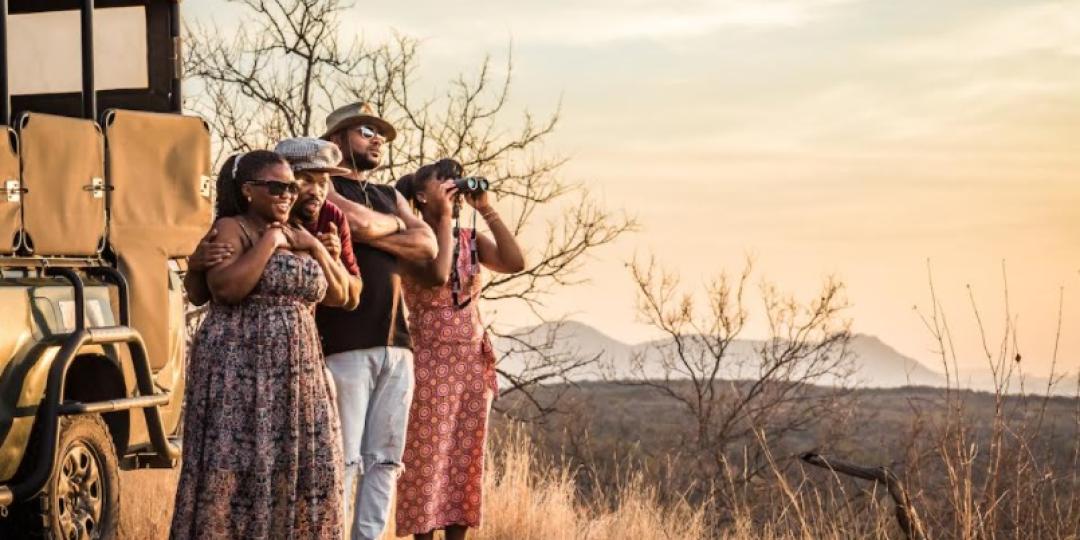A total of 72 166 day visitors took advantage of free entry to national parks from September 12-18, during the South African National Parks Week.
Run by South African National Parks (SANParks), the campaign, under the established theme ‘Know Your National Parks’ gave locals an opportunity to spend a day at a national park of their choice free of charge.
“We had just over 72 000 people visit the parks during the focus week this year, which is 81% higher than 2021’s numbers. National Parks Week aims to create a culture of pride in all South Africans in their relationship with the country’s natural, cultural and historical heritage. When people start to take pride in the national parks, then we believe that they will start to understand the importance of conservation,” said SANParks Acting CEO, Hapiloe Sello, who highlighted that the numbers were close to those seen in 2018.
“For the last two years, the week was postponed to November due to the national lockdown regulations and travel limitations that saw only 39 841 visitors in 2020 and 28 018 in 2021. The numbers this year are very encouraging and tell us that more people are travelling in the country again. It is evident that tourism is slowly but surely starting to recover from the devastating effects of COVID-19.”
Since its inception in 2006, National Parks Week has seen an influx of 691 418 day visitors in all participating parks.
The annual SA National Parks Week was made possible with support from TotalEnergies Marketing South Africa and First National Bank. “Without our partners, this week would not have materialised and South Africans would not be able to visit our parks free of charge,” said Sello.
SANParks thanked all South Africans who took part in this week, especially educators and school groups.
“The survival of the South African national parks system and our natural and cultural heritage lies in the people of South Africa, and we are focused on involving young people and communities to cultivate knowledge of the importance of conservation and an appreciation of the country’s natural heritage.”
























